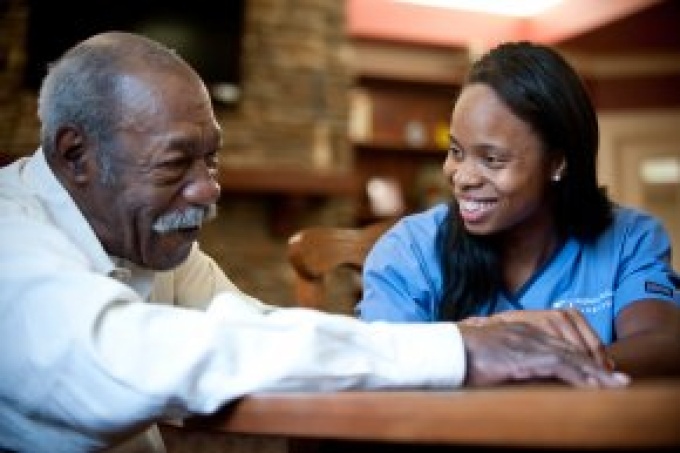
Music eases dementia care
When caring for a relative who has moderate to advanced memory loss, it can sometimes seem like…

Talking about funeral plans
One of the comforts at a time of death is knowing you are memorializing your relative according to…

Seniors having fun online
When you read about "successful aging," the focus is often how well an elder has maintained…
A Night of Reflections Luminaria Labyrinth Walk
A Night of Reflections Luminaria Labyrinth Walk Thursday, December 18, 2014 from 4:30pm - 6:30pm Please join us at the Glenn…
December 18 @ 4:30pm

Gifts for those with memory loss
Deciding what holiday gifts to give a person with memory loss can be challenging. Following are…

Gifts for those with memory loss
Deciding what holiday gifts to give a person with memory loss can be challenging. Following are…

Medical Concerns
Like most family members, May wanted to do everything she could for her husband. She had never…
Fall Circular 2014
The Fall Circular 2014 includes: ( Click here to read the Fall Circular 2014 ) Got Plans?, November is National Hospice…
Wine & Dine Out
Wine & Dine Out November 6-12 Click here to see the flyer showing restaurant partners during the week of November 6-12…
November 6 @ 12:00am